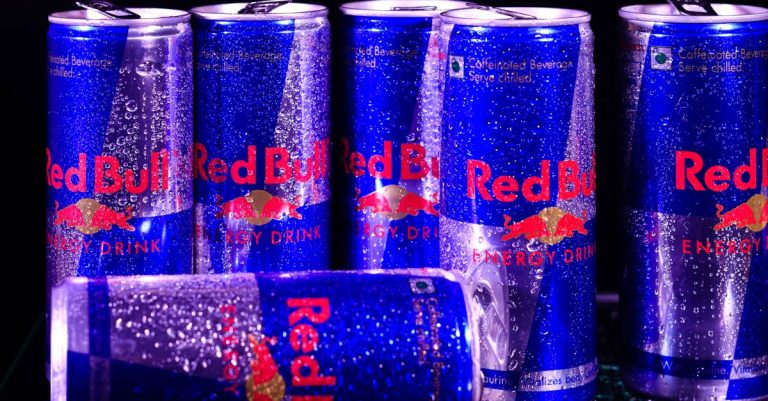Boosting energy levels naturally is a common goal for many individuals. One of the most effective ways to achieve sustained energy throughout the day is by maintaining a balanced diet. Our food choices significantly impact our physical and mental vitality. In this blog post, we will explore the essential components of a balanced diet that can help you enhance your energy levels, improve focus, and promote an overall sense of well-being.
Understanding Energy Levels
Before diving into dietary changes, it’s important to understand what energy levels are and how they relate to our diet. Energy is produced from the food we consume, which is broken down into glucose, the body’s primary energy source. The right combination of nutrients can lead to stable glucose levels, preventing energy crashes and mental fatigue.
The Importance of a Balanced Diet
A balanced diet includes a variety of foods in the right proportions. This not only provides the necessary nutrients for energy but also supports overall health. Key components of a balanced diet include:
- Carbohydrates: Your body’s primary energy source. Opt for whole grains, fruits, and vegetables.
- Proteins: Crucial for muscle repair and growth. Incorporate sources like lean meats, beans, and legumes.
- Fats: Provide a concentrated source of energy. Healthy fats come from avocados, nuts, and olive oil.
- Vitamins and Minerals: Essential for metabolic processes. Eating a colorful variety of fruits and vegetables ensures you get a broad spectrum of nutrients.
Foods to Include in Your Diet for Energy Boosting
Selecting the right foods can make a noticeable difference in your energy levels. Here are some energy-boosting foods that should be included in your balanced diet:
- Oats: A great source of complex carbohydrates, which provide long-lasting energy.
- Bananas: Packed with potassium and natural sugars, they are ideal for sustaining energy.
- Eggs: Rich in protein and nutrients that help keep you full and energized.
- Leafy Greens: Spinach and kale contain iron and other nutrients that fight fatigue.
- Nuts and Seeds: High in healthy fats and proteins, they offer a quick energy boost.
The Role of Hydration
Staying hydrated is just as important as what you eat. Dehydration can lead to fatigue and decreased cognitive function. Aim to drink at least 8 glasses of water a day, and consider incorporating:
- Herbal Teas: These can be a flavorful alternative.
- Coconut Water: A natural source of electrolytes.
- Infused Water: Adding fruits or herbs can make hydration more enjoyable.
Sample Meal Plan for Sustained Energy
Here’s a simple meal plan to help you maintain energy levels throughout the day:
Breakfast
Oatmeal topped with banana slices and a sprinkle of nuts.
Lunch
Grilled chicken salad with mixed leafy greens, cherry tomatoes, cucumbers, and a vinaigrette dressing.
Snack
A small handful of almonds or a piece of fruit.
Dinner
Quinoa with steamed broccoli and salmon drizzled with olive oil.
Other Lifestyle Tips to Boost Energy
While a balanced diet is foundational, other lifestyle choices can further enhance your energy levels:
- Regular Exercise: Even light activity can increase energy levels.
- Quality Sleep: Aim for 7-9 hours of uninterrupted sleep each night.
- Stress Management: Practice mindfulness or meditation to keep stress at bay.
Stay Consistent
Consistency is key. It may take time for dietary changes to affect your energy levels, so be patient and keep track of how different foods impact your vitality. Listen to your body, and make adjustments as needed.
Conclusion
Boosting your energy levels through a balanced diet is not only possible but also incredibly rewarding. By consciously incorporating a variety of nutrient-dense foods, staying hydrated, and making healthier lifestyle choices, you can achieve sustained energy throughout the day. Remember, small changes can lead to significant impacts—start your journey towards higher energy levels today!













